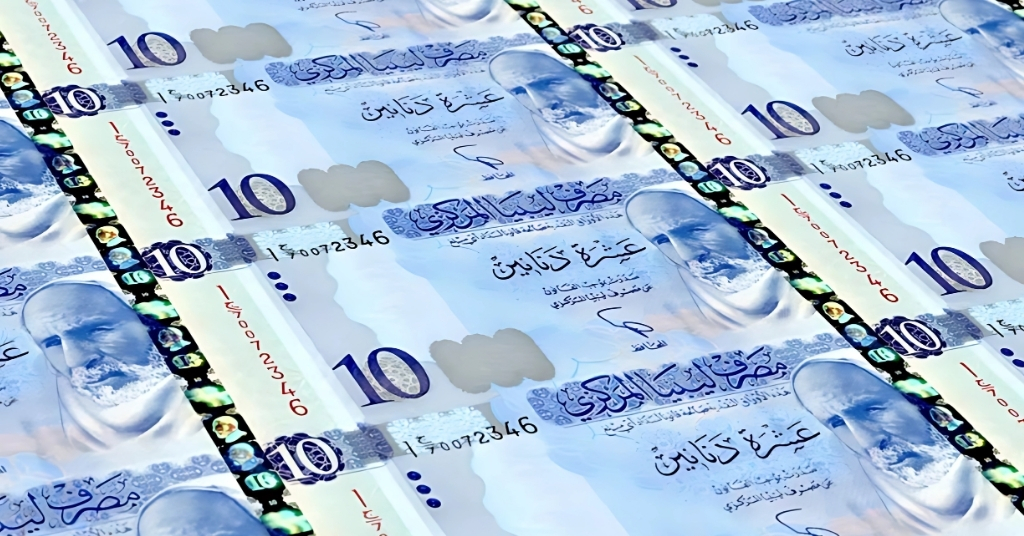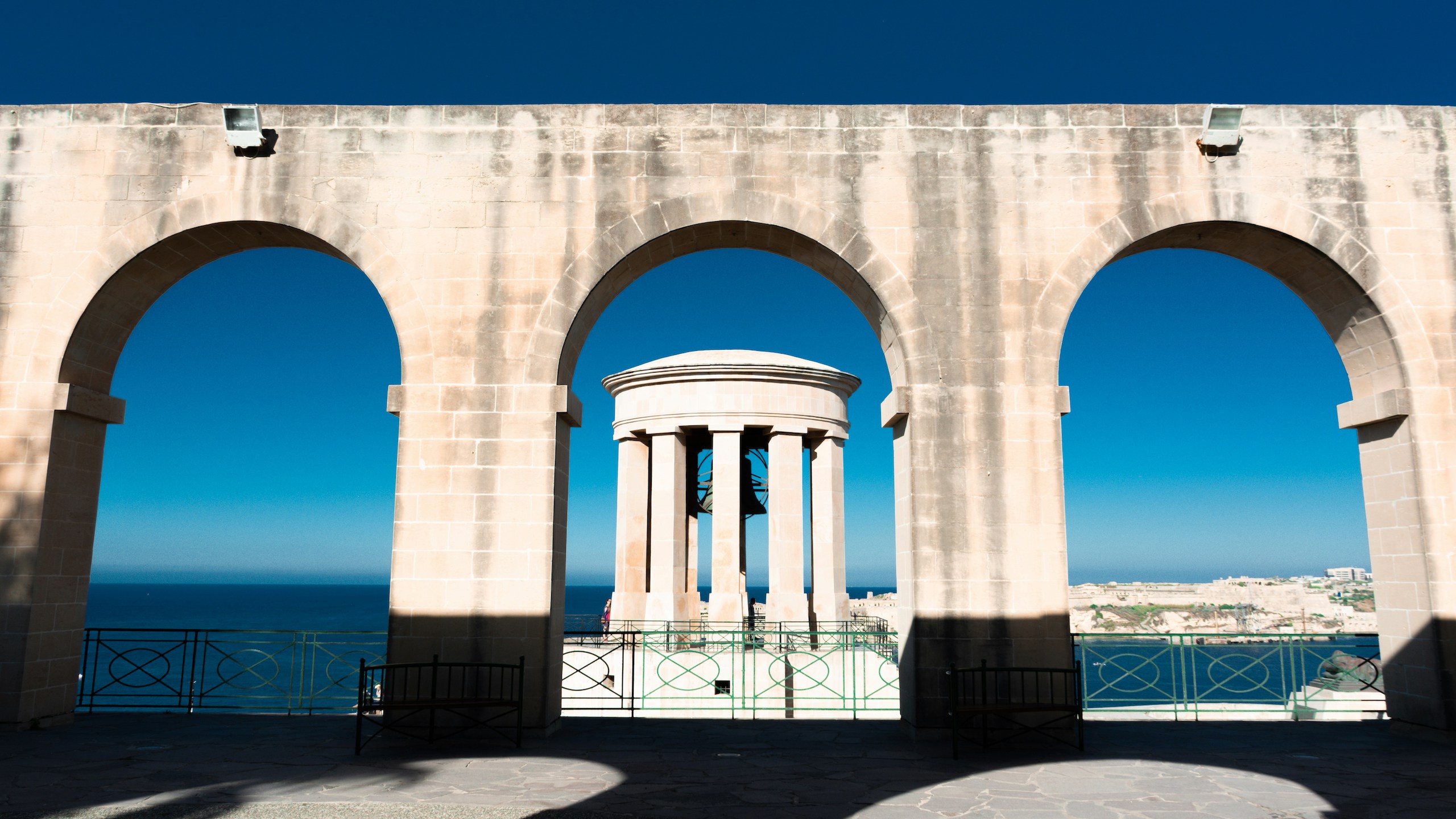
- Home
- »
- Doing Business in Libya
- »
- Useful Information
Useful Information
Visitors require a visa. The issue of visas is carefully controlled and mostly confined to those actually working in Libya, or those visiting the country as part of groups run by local tour operators.

Useful Information
BUSINESS BEHAVIOR
- Shirtsleeves are acceptable business wear in hot weather.
- Suits and ties are worn for more formal occasions.
- Most business dealings take place with state organizations and English is often understood.
- It is, however, government policy for official documents to be in the Arabic language (or translated) and for official businesses to be conducted in the Arabic language.
- Business visitors need to be fully prepared for this. Appointments are necessary and business cards are useful, though not necessarily widely used.
COMMERCIAL INFORMATION
- The Tripoli Chamber of Commerce is an organization that can offer helpful advice and assistance.
- The contact details are Tripoli Chamber of Commerce, Industry and Agriculture, P.O.Box 2321, Sharia al-Fatah September, Tripoli. Tel: (21) 333 3755. Fax: (21) 333 2655.
VISITORS VISAS
Visitors require a visa and the process for issuing visas is carefully controlled, and mostly confined to those actually working in Libya, or those visiting as part of groups run by local tour operators.
Visas are required by all except the following:
- Some nationals of Arab League countries for stays of up to 3 months;
- Transit passengers continuing their journey by the same or first connecting aircraft within 24 hours provided holding valid onward or return documentation and not leaving the airport.
Applicant must send the following to the nearest Libyan Consulate:
- Original Passport (Passport must be valid for at least 6 months)
- VISA form duly completed, both sides
- Two photos 2×2 in.
- Business Travelers (Letter of approval from the Department of Passport. This should be coordinated with the company that is inviting you)
- Oil Sector Travelers (Letter of approval from the Passport Office for Oil Industry)
- Tourist Visitors (Letter or an invitation from a Libya Tour agent/operator)
- VISA Application takes around 10 Business Days
- Applications must be made to any of Libya’s diplomatic missions in the relevant country or abroad.
ENTRY RESTRICTIONS
- Holders of Israeli passports or holders of passports containing a valid or expired visa for Israel will be refused entry or transit.
- Travelers holding a Tourist or Business visa will be refused entry if they do not possess at least US$500 or equivalent.
INTERNATIONAL TIME
- Libyan Standard Time is two hours ahead of GMT and 7 hours ahead of US Eastern Standard Time.
BUSINESS HOURS
- Government offices are generally open between 8 am and 3:30 pm from Sunday to Thursday.
- Hours of business in private offices tend to be from 8 am to 5pm from Sunday to Thursday.
- Shopping hours are flexible in Libya from 10 am to 9 pm.
CURRENCY
- Currency: Libyan Dinar (LD) = 1000 dirhams. Notes are in denominations of LD20, 10, 5 and 1, and 500 and 250 dirhams. Coins are in denominations of 500,250,100, 50, 20, 10, and 5.
- Credit Cards: Visa cards are not accepted in many stores or restaurants. There are, however, a small number of Visa and MasterCard ATMs dotted around Tripoli.
Foreign currency can be imported freely provided it is declared on arrival. - A minimum of US$500 or equivalent in a readily acceptable currency must be exchanged upon arrival.
- The export of foreign currency is limited to the amount declared on import; exchange back is subject to having spent at least US$ 50 per day during the stay.
- Local debit cards are accepted widely in Libya.
STATUTORY HOLIDAYS
Libya observes all the main Muslim festivals, with some additional national holidays. Friday is the official weekend. Libyan national holidays are as follows:
- 17 February: 2011 Libyan Revolution Day (Start of the Libyan revolution on 17 February 2011 against country’s dictator Muammar Gaddafi.)
- 23 October: Liberation Day (Liberation day from Gaddafi government.)
- 26 October: Day of Mourning
- 24 December: Independence Day (Anniversary of Libyan independence in 1951)
DATES AND NUMBERS
Dates are usually written in the order of the day, month and year; however, other methods are also used for the Gregorian calendar dates. The Islamic calendar is also used, in particular for religious holidays.
BANKING SYSTEM
- Libya has an updated banking system however it has undergone major changes in the recent past. Expatriate employees tend to make limited use of these services.
- Online banking services becoming widely common in Libya.
CENTRAL BANK
- The Central Bank regulates and controls all commercial banks in Libya.
- All foreign currency transactions relating to remittances are authorized or monitored by the Central Bank.
- Apart from the regulatory function, the Central Bank carries out the normal functions such as issuing of banknotes, acting as a banker to the government and the banking system, and managing the country’s foreign exchange reserves.
- The Central Bank advises the government on monetary and economic policies.
- Home
- »
- Doing Business in Libya
- »
- Useful Information
recent insights
© 2024 – Ahmed Ghattour & Co , All rights reserved
